Vietnam language: Discover a special language in the Orient
East Asia - Southeast Asia is known in the eyes for its cultural and historical diversity. This is also where many famous countries in the world have special and charming voices and languages. Among them, Vietnam language - the official language of Vietnam, https://www.vietnamlocalguide.com/travel-blog/why-travel-to-vietnam/viet-nam-a-wonderful-country-in-southeast-asia.html#mce_temp_url#. Vietnam language is a unique language, has a long history and continues to develop in the present. Join VietNam Local Guide to discover the specialness of Vietnam language, an interesting language with its own unique features.
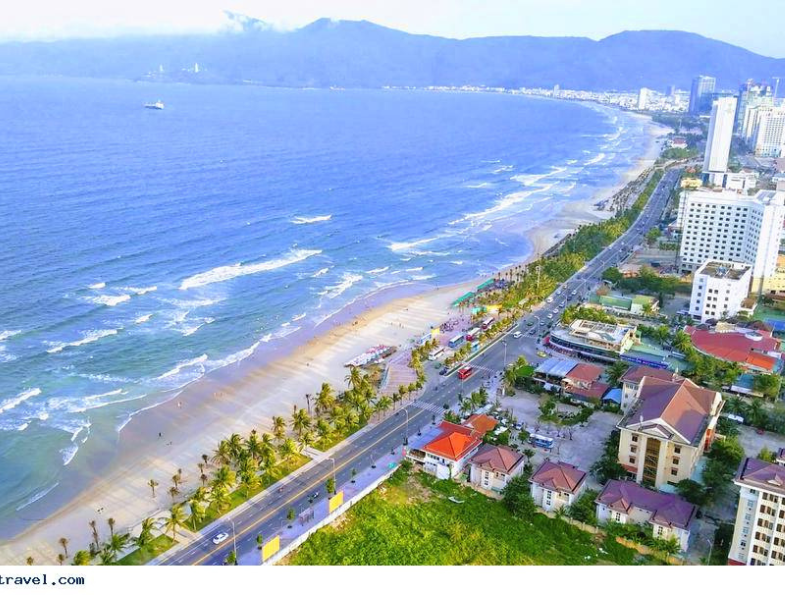
Vietnam language origin
Vietnam language originates from the Austroasiatic language family, belonging to the Viet-Muong language family. It shares some common features with regional languages. However, Vietnam language has its own unique characteristics, reflecting part of Vietnam's rich culture and history.
Initially, Vietnam language was just a dialect without tones. However, after the process of Sinicization with languages belonging to the Tai-Kadai language family, which have more highly developed tone systems, the tone system in Vietnam language began to appear and has the appearance it has today, according to the rules. law of tone formation.

The language is rich in emotion and expression
The appearance of tones began around the 6th century (the period when the Chinese feudal dynasties invaded Vietnam) with 3 tones and further developed around the 12th century (Ly Dynasty) with 6 tones. Then some initial consonants changed until today. During the transformation process, the final consonants fall out, changing the syllable endings, and the initial consonants change from being mixed between voiceless and voiced to being separated.
These tones make Vietnam language complex, but also make it more interesting and attractive. Now, Vietnam language has a total of six punctuation marks, including question marks, periods, commas, exclamation points, tildes, and heavy marks. These punctuation marks not only represent sentences but also express the speaker's meaning and emotions. With the richness and complexity of this punctuation system, Vietnam language becomes a very emotional and expressive language.
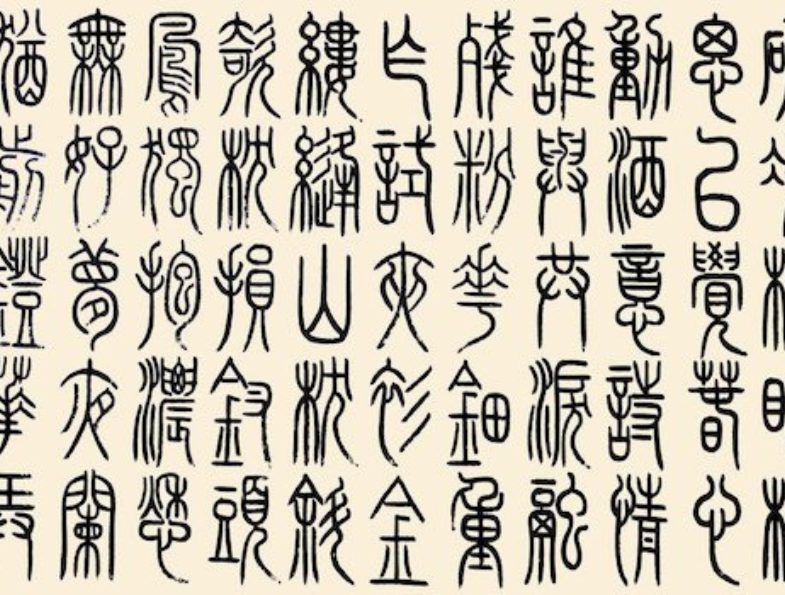
Diverse vocabulary from many cultures around the world
In addition, Vietnam language also has a rich and diverse vocabulary system. With the influence of China and France in the past, Vietnam language has adopted a multitude of vocabulary from these languages. However, even so, Vietnam language still retains its original words, reflecting unique aspects of Vietnamese culture and thinking. Vietnam language vocabulary also clearly demonstrates the coordination between sounds and meanings, creating clarity and coherence in expression.
The interference and diversity of Vietnam language vocabulary is most clearly shown through two periods. That was the Northern domination period (111 BC - 938 AD) and the French colonial period (1884-1945). During the Northern domination period, the Chinese language was transformed by the Vietnamese and merged with ancient Vietnam language and became Sino-Vietnamese words. Meanwhile, French words during the colonial period were quite difficult to transform, so they became borrowed words.

Unique writing system
Another special feature of Vietnam language is the writing system. Traditional Vietnam language writing uses Nom and Chinese characters. Among them, Chinese characters originated from China and spread over more than 1,000 years of Chinese domination. Meanwhile, Nom script is a secondary alphabet system based on Chinese characters created by Vietnamese Confucianists to preserve identity and prevent strong assimilation from Chinese civilization. This was one of the most popular writing systems before the National Language script was applied.
After that, thanks to the Portuguese - French - Italian missionaries, a Vietnam language script (National language) was built that has been used by Vietnamese people until today. The National Language script is the official and most popular system in writing Vietnam language. The characteristics of this writing system are simplicity, ease of learning and ease of use. This has helped Vietnam language become a widely accessible and accessible language for everyone.
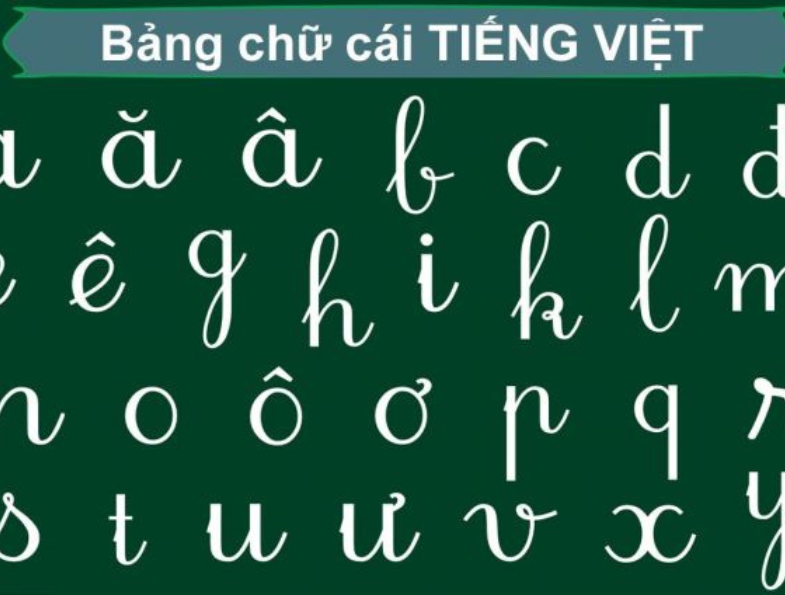
Reflects a unique culture
In addition to linguistic characteristics, Vietnam language also reflects a part of Vietnam's special culture and history. Vietnamese cultural traditions with their strong connection to nature and religion have influenced the language and expressions of Vietnamese people. Idioms, proverbs and folk tales in Vietnamese often have profound and philosophical meanings, expressing traditional thoughts and values of the Vietnamese people.
The uniqueness of Vietnam language is shown in that this is the only country among all the countries in Asia that can synchronize Latin characters into its language and writing system. Leading countries in the region such as China and Japan are still researching but have not yet been able to complete it. The presence of the National Language makes Vietnam language easier to learn for other countries in the region. You will not have to relearn all of more than 1,000 strokes to write Chinese, nor will you have to learn up to 3 writing tables to learn Japanese. This is a favor that only Vietnam can have.
Not only that, Vietnam language is also such a unique language that it can copy almost 80% of the languages of other countries in the form of the Vietnam language script without changing too much in phonetics or composition. a completely new word like Chinese. This is a feature that hardly any language in the world can follow.
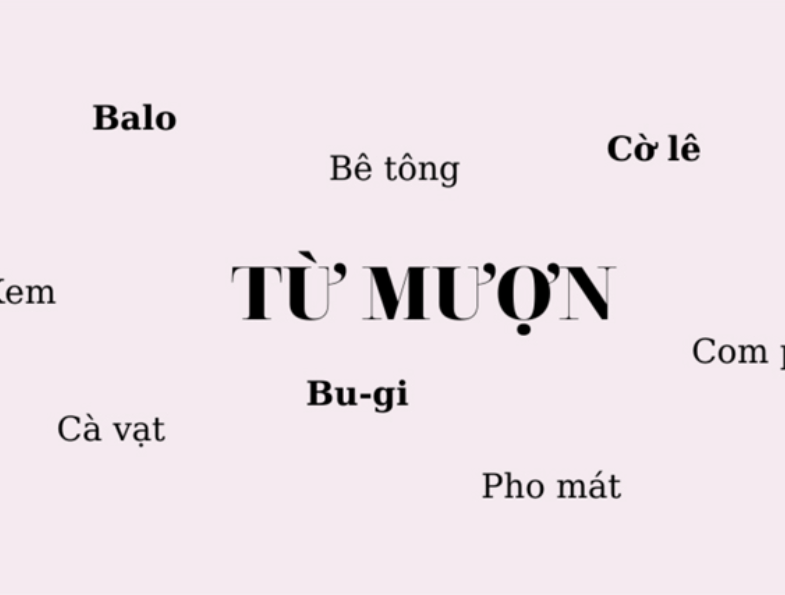
Diversity of variations for each locality
Vietnam language or any other language in the world is the same, in each locality there are variations from the original language. In Vietnam, language differences are often divided into three main regions: Northern, Chinese and Southern, equivalent to three regions of the country. The reason for such differentiation mainly comes from historical reasons. Initially, Vietnamese people lived mainly in the North from Nghe An, Thanh Hoa and above. Therefore, the language in the North is quite homogeneous and is considered the standard of Vietnam language. However, there are still some places where Vietnamese people have a distinctly different voice, mainly due to ethnic minorities and the historical past when ancient kings captured people from other countries. return and assimilate them to become Vietnamese.
During the Trinh - Nguyen period of conflict in the 17th - 18th centuries. Lord Nguyen was afraid of Lord Trinh's power so he migrated to the South and massacred other nations here and stopped when Lord Nguyen set foot in the Southern region. The migration process in the Central provinces was quite rapid, causing the ancient Vietnamese people to not have time to fully assimilate but to mix with the remaining population groups from the previous country. In addition to the sparse population here due to the impact of the environment and war, these lands are rarely visited by new people, creating a community with its own identity and language different from other places. So in Central Vietnam, each locality has a different style of speaking Vietnam language.
Finally, when Lord Nguyen came to the South, he built a government system here and opposed Lord Trinh in the North, along with the Khmer people and the generals and mandarins of the Ming Dynasty. fleeing the next dynasty that created the voice of the South today. Therefore, although not as uniform as the North, the Southern language is quite easy to understand and has a higher uniformity than the Vietnam language in the Central region.
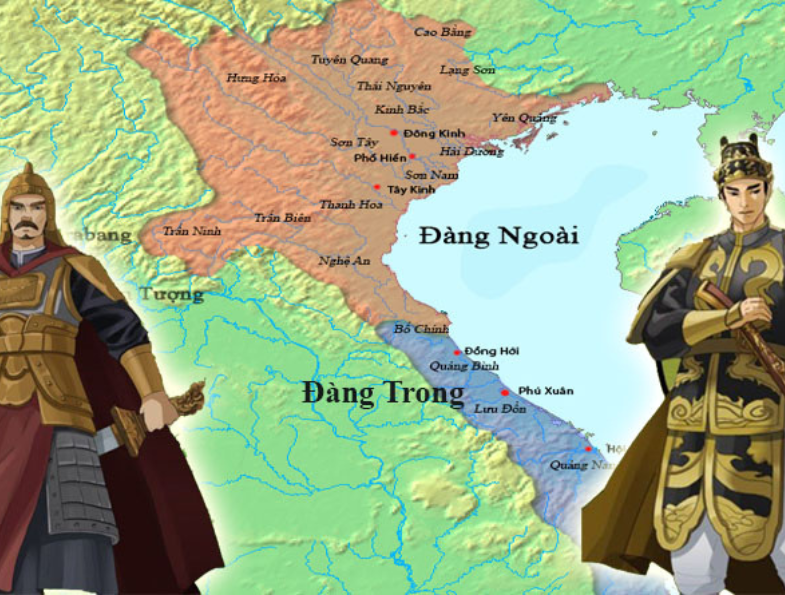
Conclude
Vietnam language, although it has a common origin with other Southeast Asian countries, has long had its own unique features that are still constantly developing and interacting with other languages in the world. Vietnam, a country that is developing rapidly and integrating with the world, is becoming an attractive destination for tourism and business. Learning Vietnam language not only brings personal benefits but also opens up opportunities for communication, understanding and cooperation with Vietnamese people.
With its beauty and uniqueness, Vietnam language is a language worth exploring and learning. It is not only a communication tool but also a window to explore the culture, history and thinking of Vietnamese people. Open your heart, explore one of the most special languages in the Orient, and experience the diversity and richness of the Vietnam language.
So through this article, VietNam Local Guide has given you the most general features of Vietnam language. And if you intend to set foot in this beautiful land, don't forget to learn a few simple sentences, Vietnamese people are very hospitable and will welcome you even more when they know you are speaking their language.
See more
-
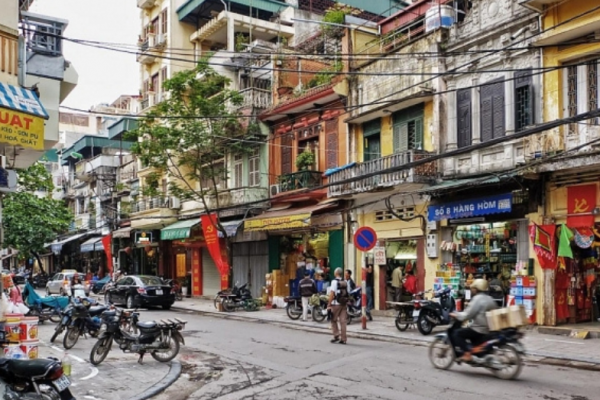
Hanoi Old Quarter: What keeps tourists coming?
Hanoi Old Quarter , is one of the most attractive destinations to explore and experience the traditional culture of the capital Hanoi, Vietnam. With more than 1,000 years of history, this...
-

Hanoi food: Unique dishes that you should try when coming to Hanoi
Referring to Hanoi food , or more broadly, dishes in Vietnam. Foreign tourists will immediately enjoy dishes like Pho, Banh Mi, Egg Coffee, etc. These dishes seem to have become trademarks and no...
-

Hanoi attraction: Activities that attract tourists in Hanoi
Hanoi, the capital of Vietnam, is an attractive destination with rich historical culture, beautiful landscapes, and friendly people. Below are some activities in Hanoi attraction tourists when...
-

Ha Noi: The most romantic city in Vietnam
Referring to the most romantic cities. Surely many people often think of Venice in Italy or Paris in France. However, in Southeast Asia there is also an extremely romantic city that has captivated...
-

10 Vietnam beaches that you should visit once
With more than 3,200 km of coastline, it is no surprise that Vietnam possesses many beautiful beaches and many small bays with smooth white sand and clear blue sea water. These are ideal...